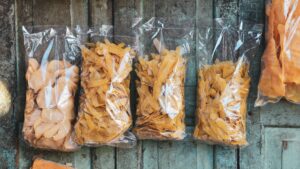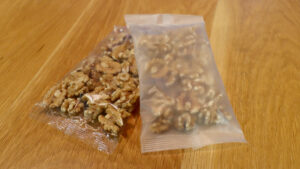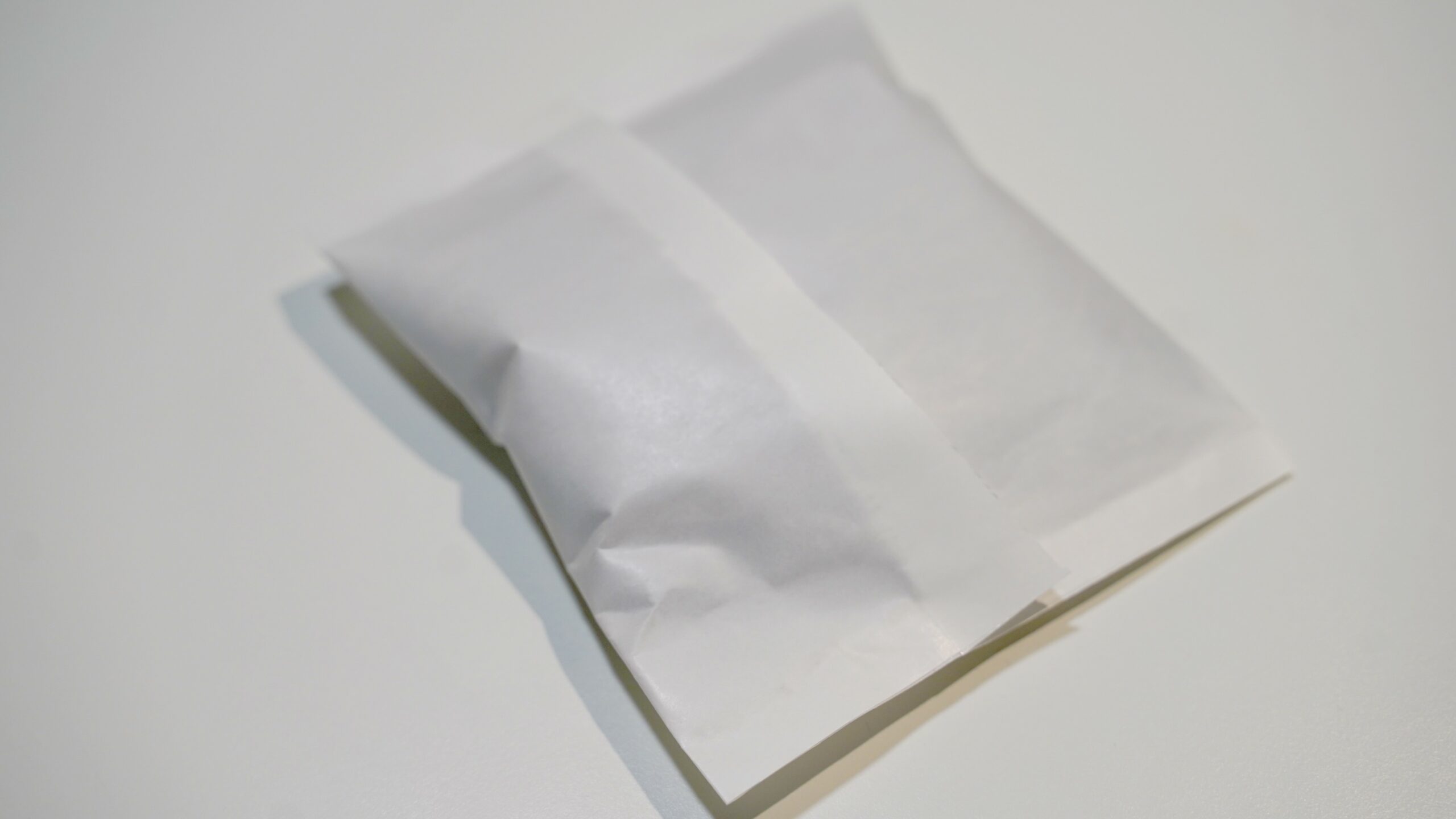The Waste and Contaminated Soils for a Circular Economy Act and the Royal Decree on Packaging and Packaging Waste establish new sustainability requirements, including higher recycling rates. This implies that packaging solutions provide the necessary properties for their proper functionality without compromising their recyclability.
The use of multi-material structures in packaging applications can extend product shelf life and stability during storage by combining different materials. However, once used and turned into waste, these structures can pose management challenges due to difficulties in their identification, separation, and/or subsequent recycling or recovery.
One pathway to improve recyclability is the use of mono-material flexible packaging structures. However, these may encounter difficulties in achieving the target properties or technical requirements of the products they are intended to contain. Therefore, to enhance the properties of mono-material structures without affecting their end-of-life recyclability and without increasing environmental impact, it is necessary to pursue alternative developments that can be implemented using technologies already available in the industry, in order to deliver valid and functional short-term solutions.






